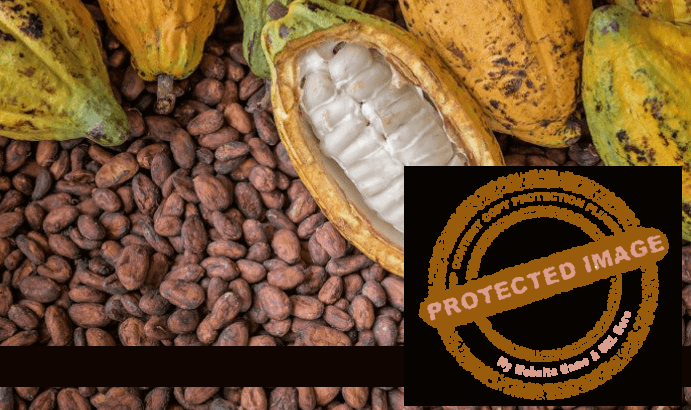Nigeria’s agricultural landscape has seen shifts in prominence over the years, but one product that has stood the test of time is cocoa. Despite facing tough competition from other African nations, cocoa remains a cornerstone of Nigeria’s export industry. In this article, we’ll delve into the current state of the cocoa market in Nigeria, exploring prices, versatile applications, and its health benefits.
The Nigerian Cocoa Market:
Since the discovery of oil in Nigeria, cocoa’s international market value has diminished. However, it continues to be a vital export commodity. Today, Nigeria faces competition from other African countries, but the local demand for cocoa remains robust.
Current Cocoa Prices in Nigeria:
Pinpointing an exact cocoa price in Nigeria proves challenging due to significant variations across states. For instance, in states like Ondo and Cross River, abundant supply leads to lower prices. On average, a tonne of cocoa sells for anything between N1,150,000 to N1,300,000, depending on the location of purchase. Here’s a breakdown of prices in different cocoa-producing areas:
- Idanre, Ondo State: N1,240,000 – N1,300,000 per tonne
- Ore, Ondo State: N1,250,000 – N1,300,000 per tonne
- Ife Central, Osun State: N1,150,000 – N1,200,000 per tonne
- Akoko Edo, Edo State: N1,200,000 – N1,250,000 per tonne
- Ikom, Cross River State: N1,220,000 – N1,250,000 per tonne
- Abia State: N1,100,000 – N1,200,000 per tonne
Versatile Products from Cocoa:
Cocoa proves to be a remarkably versatile agricultural product in Nigeria. Here are some of the top products that can be derived from cocoa:
- Animal Feed (from Cocoa Husk):
- Cocoa husk, often considered waste, can be repurposed as animal feed. It’s processed by slicing, drying, and mincing the husks into pellets.
- Soft Drinks and Alcohols:
- Fresh cocoa pulp juice can be collected, sterilized, and bottled to create beverages. For alcoholic drinks like Brandy, cocoa juice can be fermented with yeast after slight boiling.
- Potash (from Cocoa Pod Husk):
- Cocoa pod husk ash is used in soft soap production and as a fertilizer for various crops. The process involves drying the husks and then incinerating them.
- Cocoa Butter:
- Cocoa butter is a crucial ingredient in chocolate production and is also used in cosmetics like creams and soaps, known for its beneficial effects on the skin.
- Jam and Marmalade:
- Pectin for jams and marmalades can be extracted from cocoa sweatings, followed by precipitation with alcohol, distillation, and recycling.
Health Benefits of Cocoa:
Cocoa-derived products like chocolate and jam offer several health benefits, including:
-
Curbing Heart Disease:
- Cocoa consumption has been associated with lower risk of heart disease and improved blood vessel function.
-
Regulating Blood Pressure:
- Dark chocolate and other cocoa products have shown to lower high blood pressure readings, providing a natural approach to managing hypertension.
-
Combating Chronic Fatigue Syndrome:
- Regular cocoa intake may reduce fatigue, anxiety, and depression, while enhancing overall functionality in individuals with chronic fatigue syndrome.
Potential Side Effects:
While cocoa products are generally safe for consumption, excessive intake may lead to caffeine-related side effects such as nervousness, increased urination, insomnia, and rapid heartbeat. Some individuals may also experience allergic skin reactions, constipation, or migraines.
Conclusion:
Nigeria’s cocoa industry, though impacted by changing markets, remains a significant player in the country’s agricultural sector. With its diverse applications and health benefits, cocoa continues to be a valuable asset to both local communities and the broader economy. By exploring innovative ways to utilize this versatile crop, Nigeria can continue to capitalize on its rich cocoa heritage.

